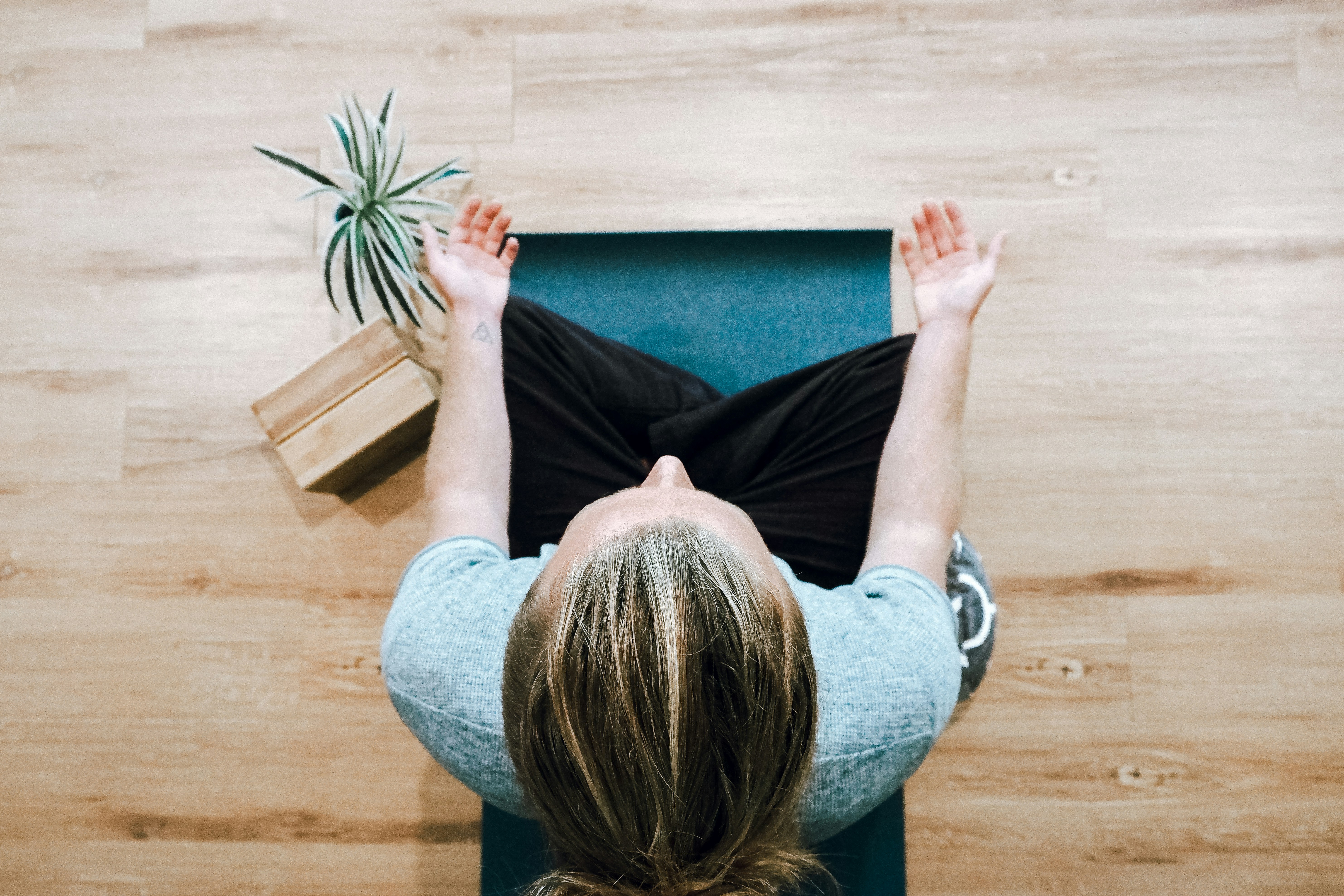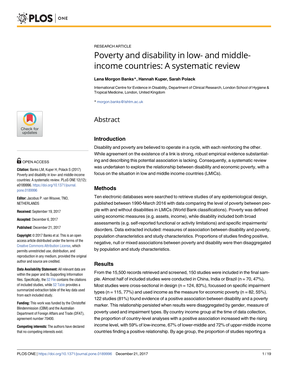I Want to Study but Can’t Focus: 9 Tips to Improve Concentration
Photo by Daniel on Unsplash
Have you ever sat down with the intention to study, only to find yourself unable to focus? You’re not alone. Many people struggle with maintaining focus during study sessions, often due to trouble focusing caused by various distractions. If you’ve ever thought, “I want to study but can’t focus,” this blog is for you. Here are 9 tips to improve concentration and help you stay focused during your study sessions.
Tip 1: Establish a Study Schedule

Photo by Jon Tyson on Unsplash
Creating a consistent study routine can train your brain to be ready to focus during specific times of the day. A well-structured study schedule helps break larger tasks into smaller, more manageable pieces, making it easier to maintain focus.
- Create a Study Schedule: Set specific times for study sessions to create a routine. Your brain will begin to recognize these times as periods for focused work.
- Break Large Tasks into Smaller Ones: Divide big projects into specific tasks that can be tackled each day. This makes the work less overwhelming and improves concentration. Use a timer to concentrate on each specific task for a set period.
- Incorporate Breaks: Short breaks within your study schedule are crucial for resetting your attention span and preventing mental fatigue. Spending a few minutes away from your desk can refresh your mind.
Benefits:
- Helps in maintaining focus on one task at a time.
- Reduces the overwhelming feeling associated with large tasks.
- Enhances concentration skills and improves overall productivity.
Tip 2: Optimize Your Environment

Photo by Falaq Lazuardi on Unsplash
Your study environment plays a critical role in your ability to concentrate. Creating an optimal environment can significantly boost your focus.
- Eliminate Distractions: Silence notifications on electronic devices and keep your workspace tidy to avoid unnecessary distractions.
- Use Focus-Boosting Tools: Consider using noise canceling headphones to block out background noise. Background music or nature sounds can also aid concentration.
- Improve Air Quality: Ensure your study space is well-ventilated. Good air quality can enhance cognitive performance.
- Conducive Office Spaces: Ensure your workspace has good lighting, comfortable seating, and minimal clutter.
Benefits:
- Reduces interruptions and distractions.
- Creates a more conducive environment for sustained attention.
- Enhances overall study experience and productivity.
Tip 3: Prioritize Physical Health

Photo by Clique Images on Unsplash
Your physical health directly impacts your cognitive performance. Maintaining good physical health can significantly improve your ability to concentrate.
- Regular Exercise: Engage in regular aerobic exercise to boost cognition by increasing blood flow and oxygen to the brain.
- Adequate Sleep: Ensure you get a good night’s sleep to support cognitive function. Sleep deprivation can lead to poor concentration and impaired memory.
- Stay Hydrated: Drink enough water to avoid mild dehydration, which can negatively affect attention span and cognitive abilities.
Benefits:
- Enhances cognitive abilities and brain function.
- Reduces stress and anxiety, which are barriers to concentration.
- Improves overall mental well-being and productivity.
Tip 4: Practice Mindfulness

Photo by Katerina May on Unsplash
Mindfulness involves being present in the moment and fully engaging with your current activity. Practicing mindfulness can greatly improve your concentration skills.
- Mindfulness Exercises: Techniques such as deep breathing and breathing exercises can help you relax and focus.
- Mindfulness Practice: Take a few minutes each day to practice mindfulness. This can reduce mental fatigue and enhance cognitive abilities.
Benefits:
- Improves mental well-being and overall cognitive reasoning.
- Reduces stress and enhances concentration skills.
- Helps in staying focused on the present moment.
Tip 5: Use Research-Backed Methods

Photo by Glenn Carstens-Peters on Unsplash
Research-backed methods provide effective strategies for improving concentration. Here are just a few examples of research-backed methods that can help improve your focus. Systematic reviews of studies on concentration techniques have identified several effective methods.
- To Do List: Organize your tasks using a to do list. This provides a clear plan and helps focus on one task at a time.
- Short Breaks: Take regular short breaks during study sessions. Spending time in nature or stepping outside for a few minutes can reset your focus and prevent burnout.
- Task Management: Prioritize tasks and tackle the most important ones first. This can improve your concentration and efficiency.
Benefits:
- Provides structure and organization to study sessions.
- Prevents burnout and maintains sustained attention.
- Enhances overall productivity and focus.
Tip 6: Improve Your Diet

Photo by Brooke Lark on Unsplash
What you eat has a significant impact on your brain function and cognitive performance. A healthy diet can improve concentration and cognitive abilities.
Brain-Boosting Foods for Cognitive Function:
- Incorporate leafy green vegetables and fatty fish into your diet. These foods are rich in nutrients that support cognitive abilities.
Balanced Nutrition:
- Ensure your diet is balanced and includes a variety of brain-boosting foods. Avoid excessive sugar and processed foods that can lead to energy crashes.
Benefits:
- Supports cognitive function and sustained attention.
- Enhances overall brain health and concentration.
- Improves energy levels and focus during study sessions.
Tip 7: Manage Mental Health

Photo by Ben White on Unsplash
Mental health conditions , such as anxiety and depression, can significantly affect concentration. It’s important to recognize and address these issues to improve cognitive performance.
- Seek Professional Help: If you’re struggling with mental health conditions, consider seeking professional help. Therapy and counseling can provide strategies to manage these conditions.
- Improve Mental Well-Being: Strategies such as regular exercise, adequate sleep, and practicing mindfulness can support mental health and improve concentration skills.
- Workplace Satisfaction: Ensure your study and work environments are conducive to mental well-being. A positive environment can reduce stress and improve focus.
Benefits:
- Enhances cognitive performance and concentration.
- Reduces stress and anxiety, which can affect focus.
- Supports overall mental well-being and productivity.
Tip 8: Utilize Focus-Enhancing Tools

There are various tools and apps designed to help maintain focus and avoid distractions. Utilizing these tools can provide structure and support for your study sessions.
- Productivity Apps: Explore apps that can assist in organizing your tasks, blocking distracting websites, and tracking your study time.
- Ambient Sounds: Use nature sounds and other ambient noises to create a conducive study environment. These sounds can help reduce the impact of background distractions.
- Task Management Tools: Tools like to do lists and task managers can help you stay organized and focused on your tasks.
Benefits:
- Provides structure and support for maintaining focus.
- Reduces the impact of distractions and enhances concentration.
- Helps in managing multiple tasks effectively without lowering focus.
Tip 9: Adopt Good Study Habits

Photo by Matt Ragland on Unsplash
Developing good study habits is essential for improving concentration. Consistent study habits and a well-structured environment can significantly enhance your ability to concentrate during study sessions.
- Get More Sleep: Ensure you get enough sleep to support cognitive abilities and avoid sleep deprivation.
- Consistent Study Routine: Establish a consistent study routine and take regular short breaks to prevent burnout.
- Set Boundaries: Setting boundaries with family members and creating a dedicated study space with an office door can minimize interruptions.
Benefits:
- Supports mental functioning and concentration.
- Prevents burnout and maintains sustained attention.
- Enhances overall productivity and focus during study sessions.
Improving concentration is a multifaceted process that involves several factors. By incorporating these 9 tips into your daily routine, you can enhance your focus and achieve better academic and personal success. Remember, it takes time and practice to develop strong concentration skills. Be patient with yourself and consistently apply these strategies to see the best results.









